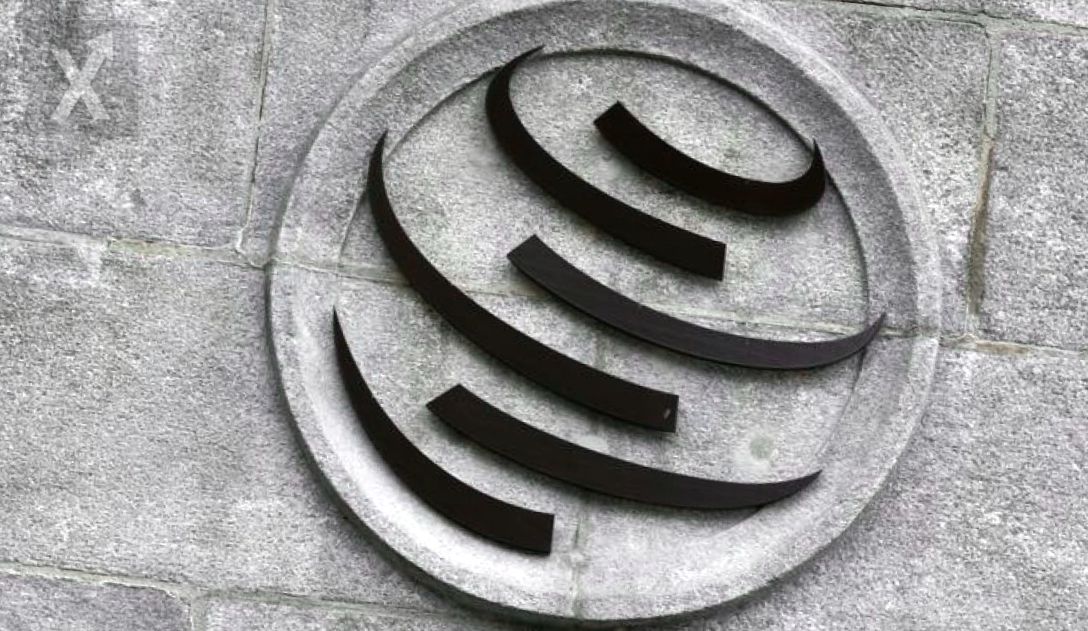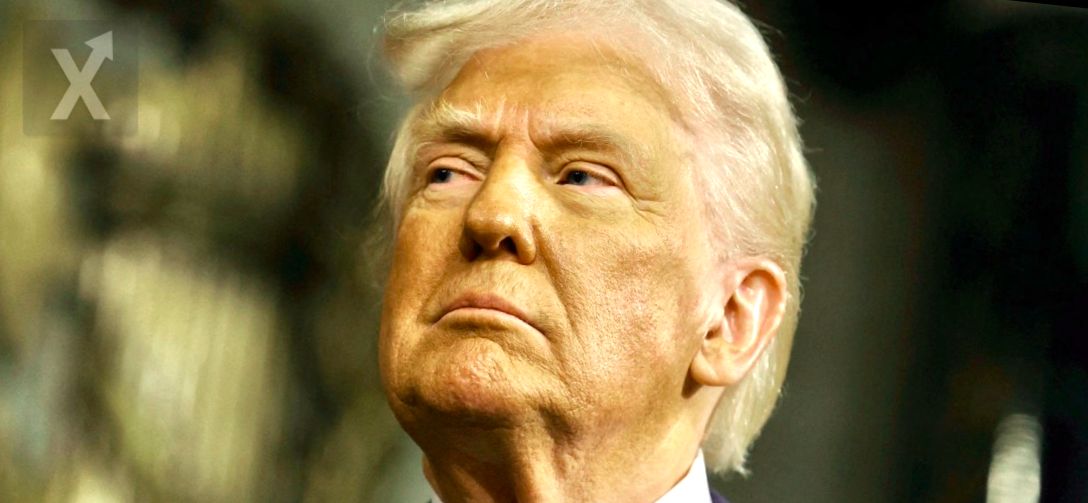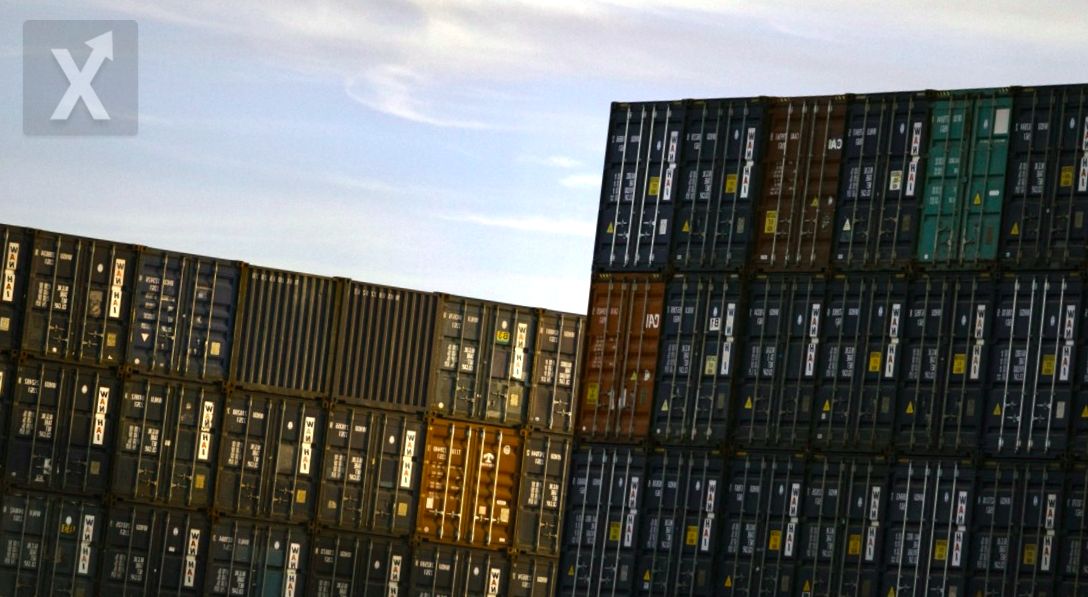Europe and the United States in the Fight Against Low Prices from Temu and Shein

The United States and the European Union have launched a campaign to curb the growing presence of Shein and Temu’s minimis, two Chinese companies that have taken advantage of legal loopholes in both territories, managing to compete with giants like Amazon.
For almost a century, there has been a regulation that many e-commerce platforms capitalized on, known as the minimis: products priced under $800 that can enter the United States without paying taxes. In Europe, there is a similar law that exempts packages worth up to 150 euros from tariffs. Both regulations have been utilized by two Chinese companies that have seen impressive growth in recent years: Shein and Temu. However, it seems that this is about to change. On February 1, in addition to the possibility of imposing tariffs on Mexico and Canada and an additional 10% tax on imports from China, President Donald Trump decided to cancel the minimis exemption. His reasoning is that this exemption has allowed Shein and Temu to maintain very competitive prices across a wide range of products, from clothing to household items. According to their critics, this regulation has enabled both companies to avoid paying millions in taxes. A 2024 report from the House of Representatives on the Chinese Communist Party noted that nearly a third of the minimis entering the United States come from those two platforms. The original basis for the exemption was $200, intended as relief for tourists returning to the country with souvenirs. However, in 2016, the limit was raised to $800, which favored the rise of companies like Temu, which, under a single name, managed to aggregate millions of products sourced from a network of Chinese warehouses and vendors. This recent change by Trump appears to be a solution. Now, Temu is urging consumers to choose “local products,” as items are shipped from warehouses within the United States and they have included more suppliers with U.S. inventory. Recently, the European Commission also announced new measures to counter the impact of the influx of low-cost products through “non-EU” retailers and e-commerce. The attack is also aimed at Shein and Temu, along with similar companies. According to data from the European Union, in 2024, more than 12 million low-value packages arrive at its borders daily, a figure that has doubled compared to 2023 and tripled compared to 2022. In that year, 91% of all e-commerce shipments valued at up to 150 euros entering the EU originated from China, increasing its volume from 1.9 billion to 4.17 billion items. This growth goes hand in hand with the rapid expansion of certain e-commerce platforms, with Temu and Shein being two of the most prominent, reaching over 75 million users in the EU in just a few months of 2024, according to the document ‘A Comprehensive EU Toolbox for Safe and Sustainable E-commerce’. However, for Europeans, the dangers are not just commercial, but also involve safety, unfair competition, and even environmental issues. Therefore, key reforms are proposed, including eliminating the tariff exemption for packages under 150 euros and establishing a digital passport to track the origin and compliance with European standards. PDD Holdings, the owner of Temu, is listed on the U.S. stock market, and recently, its stock fell by 3.44% week over week. Investors appear cautious in light of these changes. However, the removal of this tax exemption for minimis in the United States is still under discussion, as it could represent an additional burden for customs authorities and higher administrative costs for the government.
It’s interesting to see how the regulatory framework can significantly influence business, especially in e-commerce. The measures being considered on both sides of the Atlantic aim not only to protect local markets but also to respond to new dynamics in global trade. Undoubtedly, it will be crucial to monitor how this affects purchasing decisions and competitiveness in the industry in the coming months.






